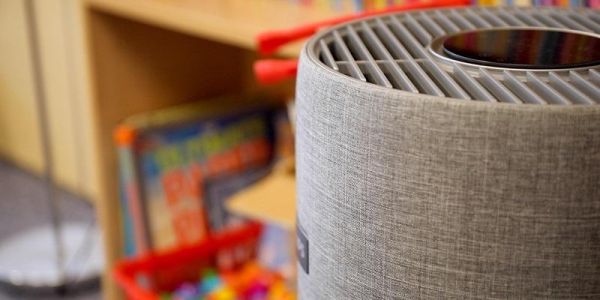
More transparency needed about merits of AI
AI developers need to be much more open about how they evaluate the tools they produce, to make sure people understand how effective high-tech artificial intelligence actually is.

AI developers need to be much more open about how they evaluate the tools they produce, to make sure people understand how effective high-tech artificial intelligence actually is.

Scientists have calculated that the fastest changing Antarctic region - the Amundsen Sea Embayment - has lost more than 3,000 billion tonnes of ice over a 25-year period.

Glaciers along the Antarctic peninsula are flowing faster in the summer because of a combination of melting snow and warmer ocean waters, say researchers.

Scientists have developed AI to track the development of crevasses - or fractures - on the Thwaites Glacier ice tongue in west Antarctica.

Rocketeers at the University of Leeds have launched a training academy to help engineering students prepare for the so-called “Mars generation” of space travel.

A damning report from MPs says the Government needs to do more to protect critical national infrastructure in the UK from being disrupted by extreme weather.

People travelling on the London Underground and similar rail systems were at a low risk of being exposed to the virus that causes COVID-19, according to computer simulations.

Dentists could significantly increase the number of patients they see during the pandemic by switching the drills they use, according to new research.

A test rig to help the nuclear industry design new reactors, decommission old ones and better dispose of waste from nuclear reprocessing is to be built at the University.

A study has been launched into the feasibility of using air cleaners to reduce the spread of COVID-19 in 30 primary schools in Bradford.